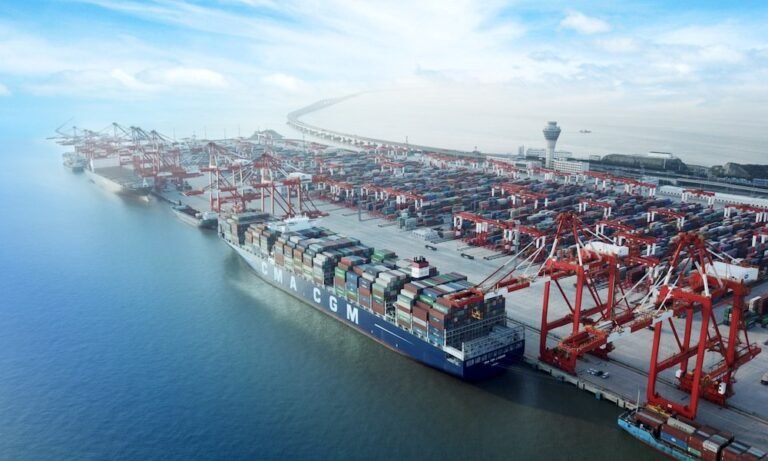The Impact of the US-China Trade War on Global Supply Chains
Global supply chain managers are facing increased challenges as the trade war between the United States and China escalates. Blank container sailings are becoming more common as the two largest economies in the world continue to impose tariffs on each other’s goods.
In response to President Donald Trump’s tariffs totaling 145%, China has retaliated by imposing 125% tariffs on US products. This move has effectively disrupted business between the two countries, leading to uncertainty in global trade.
Chinese President Xi Jinping has called on the European Union to join forces with Beijing in opposing what he refers to as “bullying” from the US. He emphasized that no one benefits from a tariff war and urged for a peaceful resolution to the ongoing trade dispute.
As a result of the escalating tensions, shippers are now seeking alternative routes to import goods from other manufacturing hubs, such as Southeast Asia. However, the Trump administration has announced the possibility of raising tariffs worldwide by July 9, adding to the uncertainty in the market.
Liner shipping companies are closely monitoring the situation and adjusting their operations accordingly. Simon Sundboell, CEO of eeSea, a Danish liner analysis platform, noted an increase in blank sailings due to market uncertainty and weakening fundamentals.
Peter Sand, chief analyst at Xeneta, a Norwegian container rates platform, highlighted the impact of the trade war on demand, leading carriers to blank more sailings in the coming weeks and months. The lower demand for shipping services is a direct result of the ongoing trade tensions between the US and China.
It is evident that the trade war between the US and China is having a significant impact on global supply chains, prompting supply chain managers to adapt to the changing landscape of international trade.

